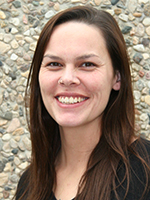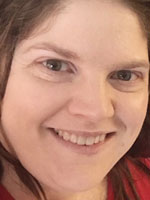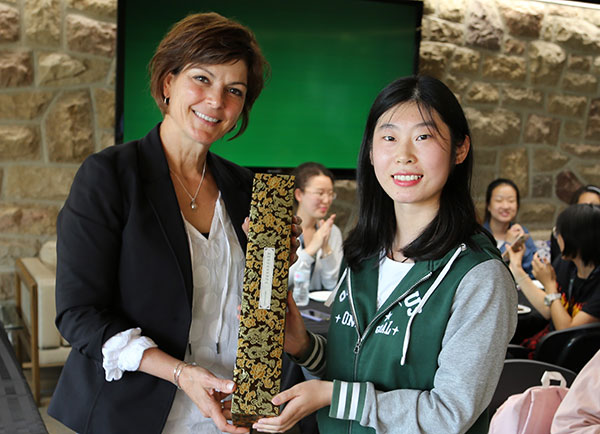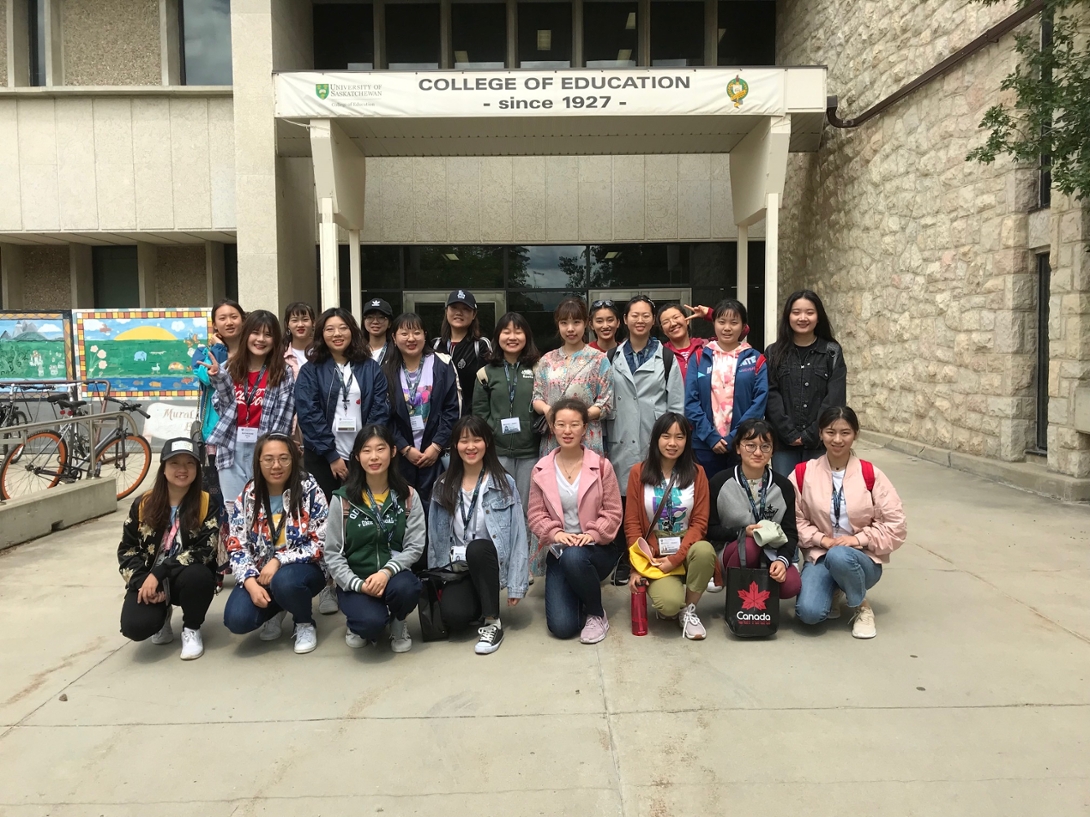Welcome to the College of Education
On behalf of the Dean, Dr Michelle Prytula, and our faculty, staff, and students, please let me welcome you to the College of Education at the University of Saskatchewan.
We have been working hard to prepare a program for your studies that combines quality instruction with opportunities for deeper understanding of teaching and learning in Canadian schools and classrooms. We are very pleased that the departments of Curriculum Studies, Educational Psychology and Special Education, and Educational Administration in the College have offered their expertise over the first eight weeks of your stay; and that our three local school divisions are so willing to share their schools, teachers, and students with you in mid-September. We very sincerely hope that you will take advantage of these learning environments, building on your own experiences at Capital Normal University.
Our shared goal with our colleagues at CNU is to facilitate the preparation of exceptional teachers, flush with many and varied tools that support the learning needs of all children. We believe your participation in this Internationally Educated Teacher Cohort Program will advance your competence, skill, and experience as a teacher. We hope that throughout your future career, you will look back fondly on the time you spent in Saskatoon at the University of Saskatchewan—incorporating insights and methods learned here, in support of your practice as a strong teacher.
A special thank-you to our instructors; Mr Doell and his team in Registrarial Services; Ms Mattola and her team in ISSAC; Dr Lee and Ms Tang from the International Office; and Ms Prowse, Ms Stanviloff, Mr Bradshaw, Ms Laprairie and the dedicated team from SELU for their day-to-day support for your stay.
Wishing you all the best in your studies.
Dr David Burgess
Associate Dean
(Reseach, Graduate Support, & International Initiatives)
College of Education
What is the Internationally Educated Teacher Cohort Program?
The Internationally Educated Teacher Cohort Program – Summer Course is a four course program designed and delivered by instructors of the College of Education at the University of Saskatchewan. The event offers students from key university partners around the world the opportunity to study in a Canadian U15 research-intensive university within a condensed period of time.
In 2018, the Program's Summer Course ran for five weeks—including two courses within four weeks of undergraduate university classroom study, followed by a week of elementary and secondary school classroom observations. In 2019, the Summer Course will offer students four courses that have been designed to advance the training of teachers educated in a non-Canadian jurisdiction, with a focus on areas identified by the Saskatchewan Professional Teachers' Regulatory Board as supporting licensing for internationlly trained teachers in Saskatchewan.
This study abroad program aims to expose students to leading educational institutions and facilitate interaction and networking with academics, school leaders, and policy makers. The purpose of the Summer Course is to provide a platform to advance knowledge sharing, research collaboration, educational partnership development, and other collaboration opportunities between our Universities and beyond. Through this program, the College of Education continues to meet our strong commitments to internationalization at the University of Saskatchewan, and we contribute to the advancement of the pillars within the University of Saskatchewan International Blueprint.
University of Saskatchewan Instructors

Instructor: Greg McJannet
Students learn about the design and delivery of primary and secondary education at the local and provincial levels, with an emphasis on the professional bodies engaged in the governance and operation of schools: how schools are financed; and, legal/policy issues that guide teaching and learning. Also emphasized are considerations of teacher professionalism, ethical conduct, and the rights and responsibilities of teachers in and outside of the classroom.

Instructor: Mika Lafond
Drawing from the Canadian Truth and reconciliation Report’s Calls to Action, this course guides students to frame a personal orientation to Aboriginal education and plan to teach for reconciliation. Through readings, lectures, group learning activities, interactions with Elders/knowledge keepers, reflective practice, and writing, students will link their learning about historical and cultural foundations of First Nations, Métis, and Inuit education to respond to community and cultural contexts. Teacher candidates will learn to infuse Indigenous ways of knowing into the K-12 curriculum in order to build relationships of mutual understanding.

Instructor: Diane Clark
Introduces students to the concept of exceptionality as it reflects the special needs of individuals for whom they will be responsible in their classrooms, schools, and communities. The philosophy of inclusion will be emphasized. Students will learn how to identify and provide appropriate learning opportunities for children with special needs and ensure that they receive additional services. Students will become sensitive to cultural differences, the need to work with families and the importance of early intervention to prevent or ameliorate disability.
Instructor: Doug Njaa
Enables students to plan for instruction in their major and minor teaching areas. Plans will demonstrate an understanding of curricula, include the use of generic and subject-specific instruction methods, and be designed to accommodate cultural diversity (particularly the needs of Aboriginal and Minority students).
Additional Information
General
More information about Saskatoon and amenities of the University of Saskatchewan campus has been prepared for you. If you have any questions, please do not hesitate to contact any of the University team working with you.
School Visits
Please understand that privacy laws in Canada restrict your ability to take photographs of students. Please do not take photographs in schools that include the faces of children. Please ask adults before taking their photo.
Additional Support Personnel
To ensure the success of the Internationally Educated Teacher Cohort Program (IETCP), additional support personnel have been provided, such as a program chaperones. Prior to mid-September, when students will be visiting Saskatoon and surrounding schools, students will participate in an Orientation Session. This session will provide the students with what they need to know to be successful during the week of in-school (primary and secondary) observations of Canadian teaching and learning. At this meeting the students will also meet the in-school mentors. These in-school mentors are educators who are familiar with the educational settings that the students will be visiting. During the school visits the in-school mentors’ role is to welcome the students, provide in-school supports as needed, and facilitate a debriefing of the learning at the end of each school day.
Local School Hosts
The College of Education is very thankful for the kind offers of support that have come from Saskatoon Public Schools, from the Greater Saskatoon Catholic School Division, and from the Prairie Spirit Public School Division. The program would not be a success without the participation of teachers, in-school administration, and senior leadership.
Teachers' willingness to share their classrooms and students with the pre-service teachers from Capital Normal University is very much appreciated.
Capital Normal University Teachers
| Ms WANG Ruilin | College of International Education (attending with the group) |
| Mr GUO Bingke | College of International Education (supporting in Beijing) |
IETCP 2019 Program
Program Objectives
The major goal of the IETCP is to provide an intensive opportunity for participants from Capital Normal University and the University of Saskatchewan to deepen their knowledge of theory, practice, and reflection, contributing to their skills as teacher leaders. The activities of the IETCP will:
- expose students to leading foreign educational institutions;
- facilitate interaction and networking with academics, school teachers, school administrators, and policy makers; and
- provide students with an opportunity for emersion English language during a homestay with local Canadian families.
Additional Program Materials
IETCP 2019 Organizing Committee
| Mr Bruce BRADSHAW | College of Education (SELU) |
| Dr David BURGESS | College of Education (Associate Dean) |
| Ms Cecile LAPRAIRIE | College of Education (SELU) |
| Ms Patricia PROWSE | College of Education (SELU) |
| Ms Linda STANVILOFF | College of Education (SELU) |


